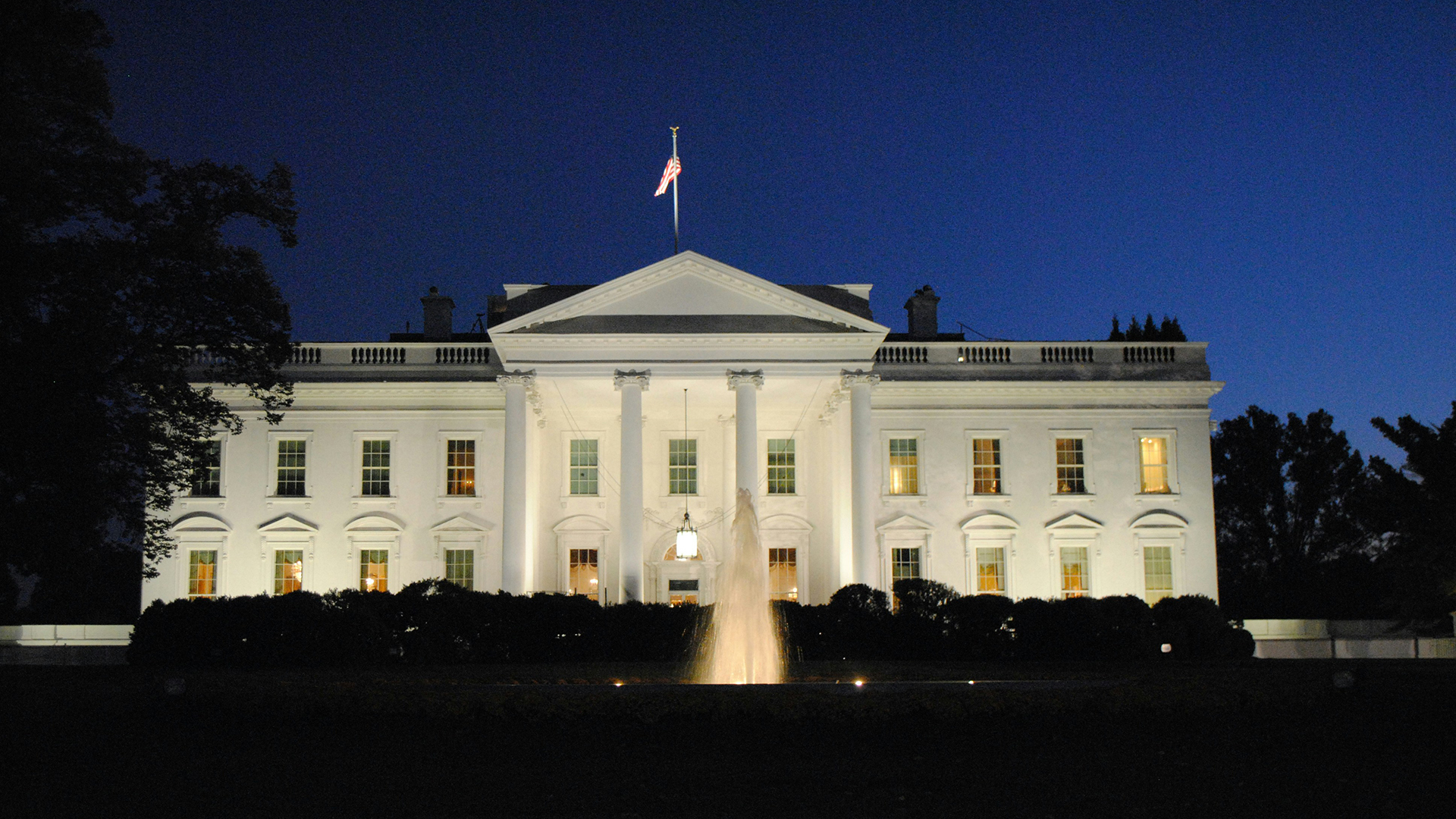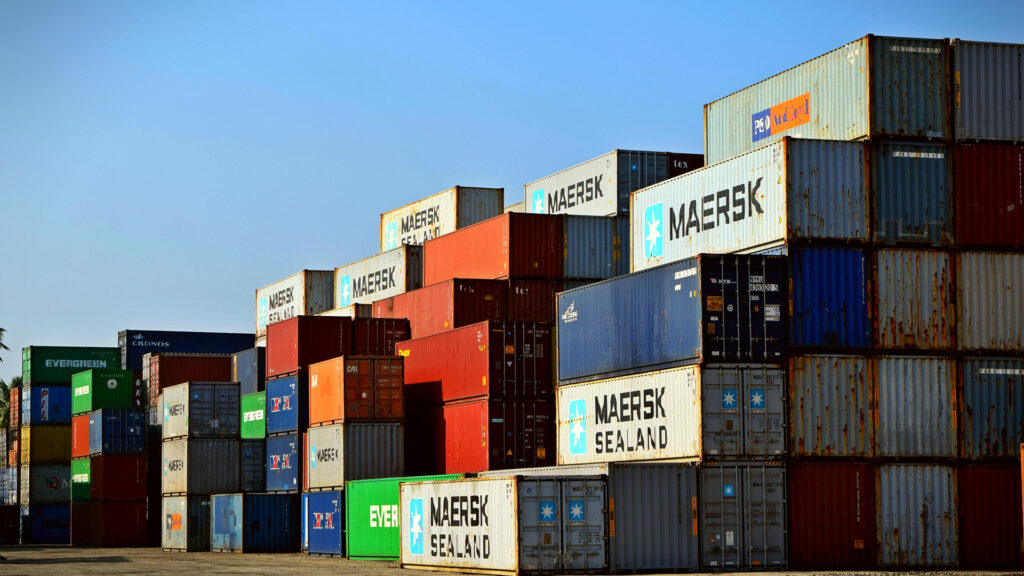On 1 November 2025, the White House announced that, effective 10 November 2025, BIS will suspend implementation of the Affiliates Rule for one (1) year in connection with recently concluded, broader trade negotiations with China.
White House Announcement – Temporary Suspension
On 29 September 2025, the US Department of Commerce’s Bureau of Industry and Security (“BIS”) issued an interim final rule implementing a 50% ownership threshold for affiliates of parties on the Entity List and Military End-User (“MEU”) List (the “Affiliates Rule”). See our prior Client Alert, issued on 1 October 2025. Just over a month later, however, the White House stated the rule would be suspended as part of trade negotiations with China.
This temporary suspension provides relief from immediate enforcement, but it is important to note that:
- The suspension lasts only one (1) year;
- The White House announcement does not make clear that the Affiliates Rule will be suspended in its entirety or only with respect to affiliates of Entity and MEU List parties in China;
- The performance of obligations under the trade agreement with China might not come to fruition that could lead to an immediate reinstatement (‘snap back”) of the Affiliates Rule; and
- The US Government may reimpose or modify the Affiliates Rule due to other national security or foreign policy considerations.
Why the Suspension Does Not Mean “No Action”
Even with the temporary reprieve, for the above reasons, we recommend that companies should continue to act as if the Affiliates Rule is fully in effect. Key reasons include:
- Contractual Timing: Many contracts, including manufacturing, service, and maintenance agreements, extend beyond one (1) year. Agreements entered into now could later be affected by the rule, creating legal and operational risk;
- Proactive Compliance: This period is an opportunity to strengthen internal compliance programs, update records, and map beneficial ownership of subsidiaries and affiliates, reducing the risk of disruption or contract violations once the Affiliates Rule is reinstated;
- Other Lists and Red Flags Remain: There is no suspension of the MEU List or the definitions of “military end use,” “military of end user,” or “military-intelligence end user,” under the Export Administration Regulations, or of BIS guidance, including Red Flag 29, all of which continue to identify potentially high-risk counterparties in China that requires enhanced due diligence, even during the suspension.
With respect to Red Flag 29, BIS added it to Supplement No. 3 to Part 732 to indicate that “if an exporter, reexporter, or transferor cannot determine the ownership percentage of a foreign entity that is an entity owned by one or more listed entities on the Entity List or the MEU List, it must resolve the Red Flag prior to proceeding with any exports, reexports, or transfers (in-country) to the foreign entity, submit a license application to BIS, or identify an available license exception based on the restrictions applicable to the listed party.” (emphasis added).
Recommended Actions During the Suspension
- Review EUCs and Transaction Records: Ensure end-use/end-user certificates accurately reflect ownership and updated restrictions;
- Identify and Determine Ownership Structures: Identify entities that may be 50% or more owned by listed parties, including subsidiaries in traditionally low-risk jurisdictions;
- Engage Distributors, Channel Partners, and Agents: Continue to communicate the importance of proper screening and due diligence throughout your sales network; and
- Enhance Internal Processes: Use this period to document and refine compliance workflows, screening procedures, and escalation protocols.
Key Takeaway
The temporary suspension should be viewed as a window of opportunity to enhance compliance practices, rather than a reason to delay action. Companies that prepare now will reduce risk and operational disruption when the Affiliates Rule is ultimately reinstated or if it is not fully suspended.
We remain available to assist US and non-US companies with:
- Preparing and reviewing EUCs, distributorship agreements, and transactional records;
- Performing due diligence reviews of ownership structures and assessing risks;
- Advising on compliance strategies for indirect sales channels;
- Preparing export, reexport, and transfer (in-country) license applications for goods, software, and technology, and engaging with BIS on behalf of the applicants; and
- Conducting trade compliance training.
We will continue to monitor BIS guidance and provide timely updates to support organizations in maintaining robust compliance practices, including with the Affiliates Rule, and represent them in licensing applications, voluntary disclosures, and investigations.







